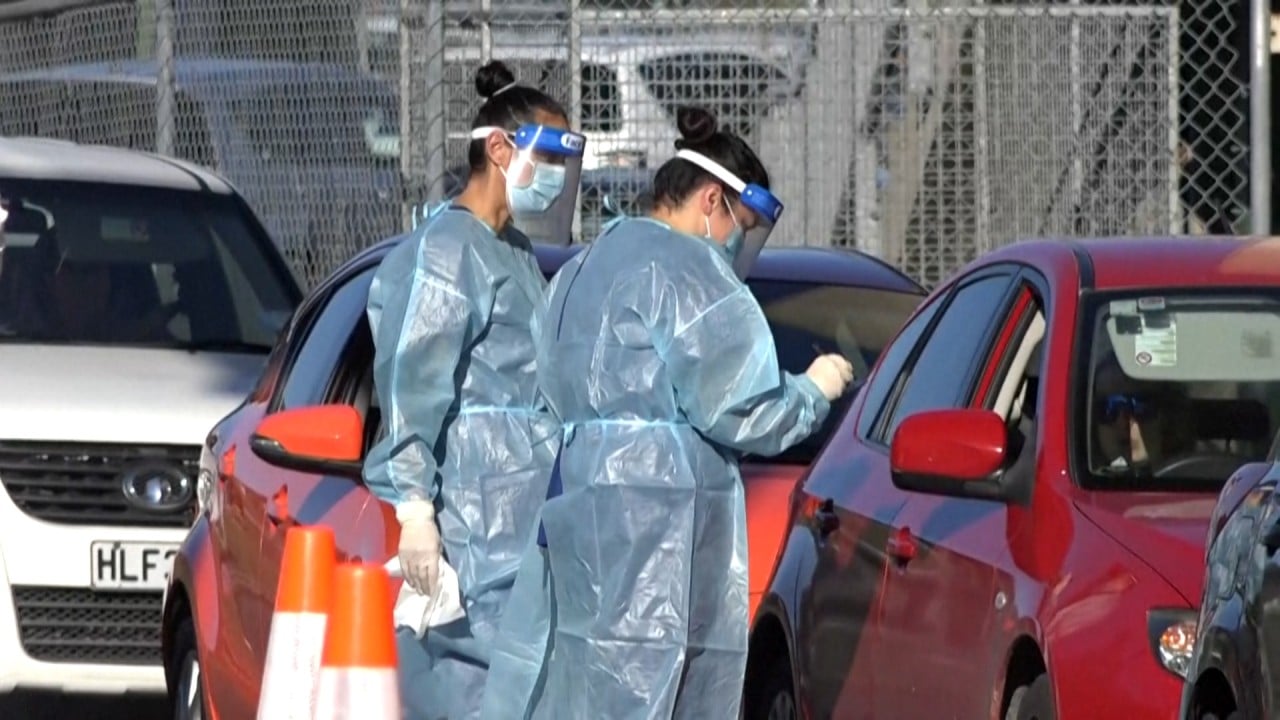
Long, hard coronavirus recovery ahead for Asian companies, especially those outside the digital economy
- Many executives believe economies will not return to pre-pandemic levels in 2021, suggesting little faith in prospects for a V-shaped recovery
- Workers and firms not in the digital space face an even harder road, complicated by Covid-19, Sino-US tensions and the growing impact of climate change
These are among the findings of the council’s latest annual members survey. The council comprises 70 CEOs and chairmen, mostly from Asia, who together run companies valued at about US$3 trillion and directly employ 3 million people. The survey was conducted from mid-August until mid-September and had a response rate of 83 per cent.
Half of those surveyed felt business conditions would improve in the next 12 months. That’s the highest number since 2009, when 67 per cent of those polled in the midst of the global financial crisis predicted conditions would improve in the following year. For now, we’re so far down that, for many business leaders, it might feel like the only way is up.
When will economies get back to pre-pandemic levels? It is going to be quite some time, if members’ forecasts are accurate. Just 19 per cent think economic activity will return to pre-pandemic levels by mid-2021. Another one-third think it will be by the end of 2021.

02:07
Global coronavirus cases surpass 25 million as India deals with world’s fastest-growing outbreak
By far the largest number – 41 per cent – think it will be 2022 or later. In short, most of these executives are writing off the idea of a V-shaped recovery and many seem to be writing off 2021.
Job losses are set to continue at many companies in the next year. Sales and capital spending – on computers, machinery, new offices and factories – are both expected to be up at about half of member companies. About one-quarter expect decreases and the remainder look for no change.
Coronavirus unemployment crisis demands new policy focus
The pandemic has accelerated the adoption of digital business models, respondents noted. There have been difficulties – such as in developing company-wide work-from-home policies – but Covid-19 has been an opportunity, in the words of one member, “as it provides further incentive towards digitalisation, finding new efficiencies and promoting new and innovative business opportunities.”

01:38
Low-income Hong Kong students struggle as coronavirus forces classes online
About one-quarter have seen revenues fall up to 10 per cent, another quarter by 10 to 25 per cent. Another 17 per cent have seen sales fall more than 25 per cent, sometimes even more than 50 per cent. This is corporate carnage the region as a whole has not seen since World War II.
There were some bits of good news in the survey. China remains an attractive investment location. About a quarter of respondents have considered postponing investment plans in China because of concerns about Sino-US tensions, but China still remains the top investment destination in the next 12 months, followed by the United States.
The worst may be past. Still, for companies or workers not in the digital space, it looks like a tough year or more ahead. Covid-19, Sino-US tensions and the gathering impact of climate change are acting as accelerants, reshaping supply chains and building more tech-heavy, less labour-intensive economies.
Mark L. Clifford is the executive director of the Hong Kong-based Asia Business Council

